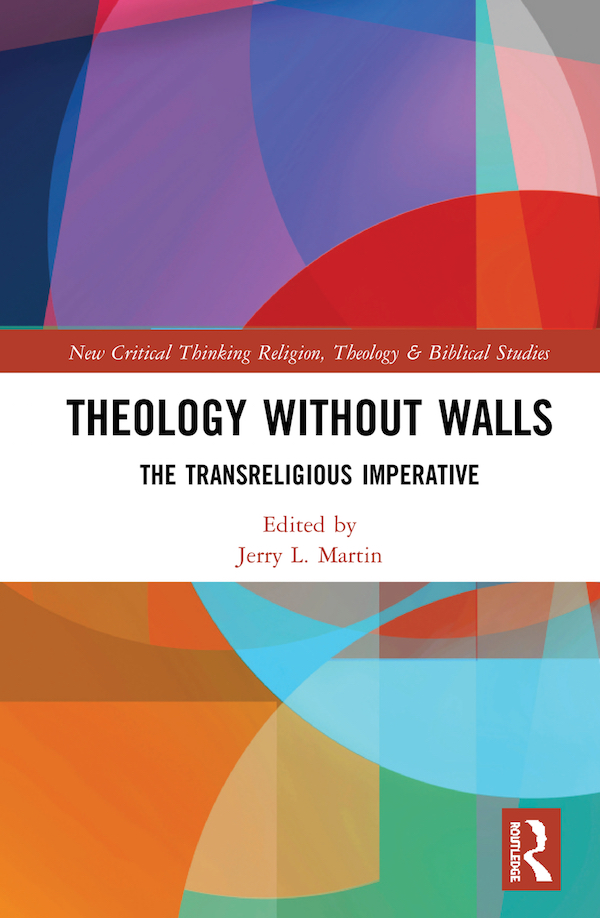“I have read that our grace or salvation had to be ‘purchased at a price’—namely, God’s giving up His only Son. I really don’t understand this, Lord. Did You really suffer from giving up Your only Son?”
It is more complex than that. God as Son takes on the suffering of mankind, takes it on quite literally and co-suffers with mankind. I co-suffer with mankind. Otherwise, I would have put creatures into a fallen (limited) world and watched them suffer from a distance.
Moreover, My growth requires that I suffer. Suffering is the law of growth in the universe. There is even a form of suffering for subatomic particles—the constant disequilibrium and disruption of particles. Like muscles, things grow by being torn apart and healing.
Okay, so we suffer, Jesus suffers, and God suffers, but the question remains: How does the fact that suffering is divinely shared make anything better?
God: An Autobiography, As Told to a Philosopher – is the true story of a philosopher’s conversations with God. Dr. Jerry L. Martin, a lifelong agnostic. Dr. Martin served as head of the National Endowment for the Humanities and the University of Colorado philosophy department, is the founding chairman of the Theology Without Walls group at AAR, and editor of Theology Without Walls: The Transreligious Imperative. Dr. Martin’s work has prepared him to become a serious reporter of God’s narrative, experiences, evolution, and autobiography. In addition to scholarly publications, Dr. Martin has testified before Congress on educational policy. He has appeared on “World News Tonight,” and other television news programs.









